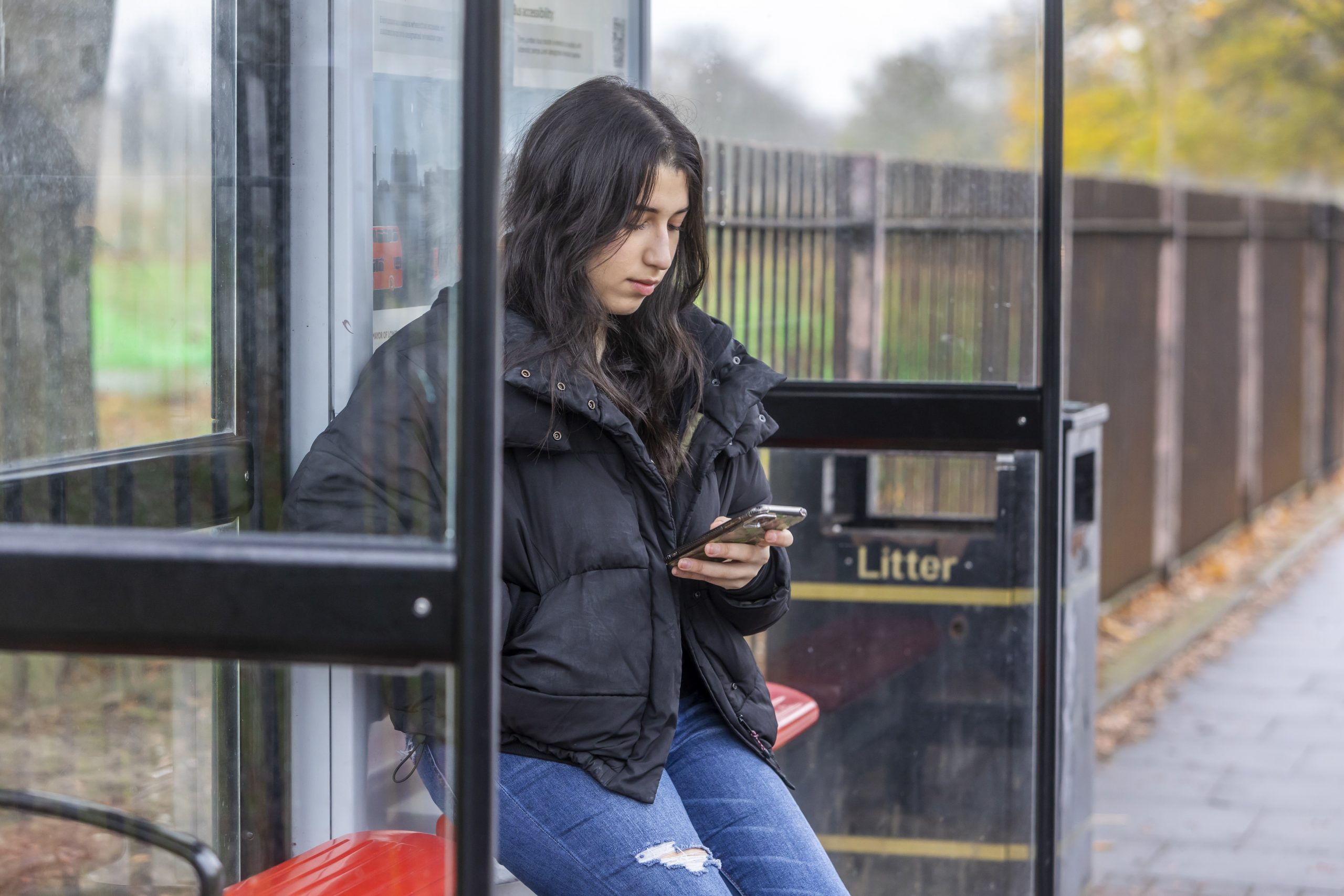A guide to CAMHS

It’s reassuring to know there is somewhere safe to go to for support with your mental health; Child and Adolescent Mental Health Services (CAMHS) provide this vital support. But what is CAMHS and how does it help young people’s mental health? Read our guide to CAMHS to find out.
What is CAMHS?
CAMHS stands for Child and Adolescent Mental Health Services, and it’s part of the NHS. These are local, specialist mental health support teams located throughout the UK. These services are free and help children and young people under 18 who have emotional, behavioural or mental health problems.
You might also see the term CYPMHS, or Children and Young People’s Mental Health Services. CAMHS is basically the local version of CYPMHS.
CAMHS teams are normally made up of a mixture of professions including psychologists, psychotherapists, family therapists, nurses and social workers. Each service is similar but may vary from area to area. Some services will have longer waiting times or will only see young people who are 16 to 18-years-old in full time education.
A full time CAMHS Clinical Nurse Specialist also works alongside the Youth Justice Service (YJS), providing specialist mental health assessment and treatment to young people who are being supported by a youth offending team to help them avoid getting into trouble with the law.
What does CAMHS do?
So what sorts of conditions and concerns can they help with? CAMHS can help you if you’re experiencing any of the following problems:
- Feeling anxious or scared.
- Having trouble eating.
- Feeling sad.
- Hurting yourself or wanting to hurt yourself.
- Uncontrollable anger.
- Hearing voices or seeing things.
- Trouble sleeping.
How do I find my local CAMHS service?
The most common way to get an appointment with your local CAMHS service is through a referral from your GP. When you see your doctor, explain what’s been going on, how long you’ve been experiencing these feelings or symptoms, and what you think might be causing it. If your GP thinks you need specialist help they will contact CAMHS and ask them to make an appointment for you.
If you’ve never made an appointment with your GP before, here’s an article on how to find a doctor. If you’re worried about your parents or relatives finding out about your appointment, read our article on doctor patient confidentiality in the UK.
Your doctor isn’t the only person who can arrange an appointment with CAMHS. Other people who can make an appointment for you include:
- A school nurse.
- Teachers and other school staff.
- Social workers.
- Youth counselling services.
What can I expect after I’ve been referred?
At first you’ll meet with CAMHS staff to discuss why you’ve been referred. They will ask you more questions about what kind of help you want and what you’re expecting. This is called an assessment.
After this, CAMHS staff will tell you what they think might be causing your problems and, if appropriate, diagnose a particular mental health condition, such as depression.
If you don’t understand what they’ve told you, it’s important to ask for more information. You’ll also be told when to expect your first appointment.
Remember, you’re not in any kind of trouble, the professionals at CAMHS are there to help and support your recovery.
Learn more about depression.
What support can CAMHS offer?
CAMHS staff may help you by meeting you several times to provide one-to-one counselling. You can bring a parent or carer along if you wish, or CAMHS may recommend they work with your whole family as a group.
You’ll be given a plan that will explain how your treatment and support will work and how long it will last. If you strongly feel you’re not ready for your treatment to end, speak to your CAMHS worker.
It’s worth contacting your local CAMHS service to find out what they offer as services in different areas offer different kinds of treatments.
Where do I go if I’m over 18?
If you’re already over 18 you will be referred to adult mental health services. If you turn 18 while you’re being seen by CAMHS you’ll still receive care and will be transferred to adult mental health services.
This can be a big change for many young people. You and your family should be told in advance when you’ll have to move. To prepare for your move you will be assessed to see what support you’ll need and a care plan will be drawn up.
For more information on this topic:
- Take a look at the rest of The Mix’s mental health resources.
- Find out more about CAMHS and CYPMHS here on the NHS website.
You can visit NHS Choices for more information. You can get quick advice when it’s not an emergency on 111.
Next Steps
- Chat about this subject on our Discussion Boards.
By Holly Turner
Updated on 09-May-2023
Sorry, comments closed
No featured article










